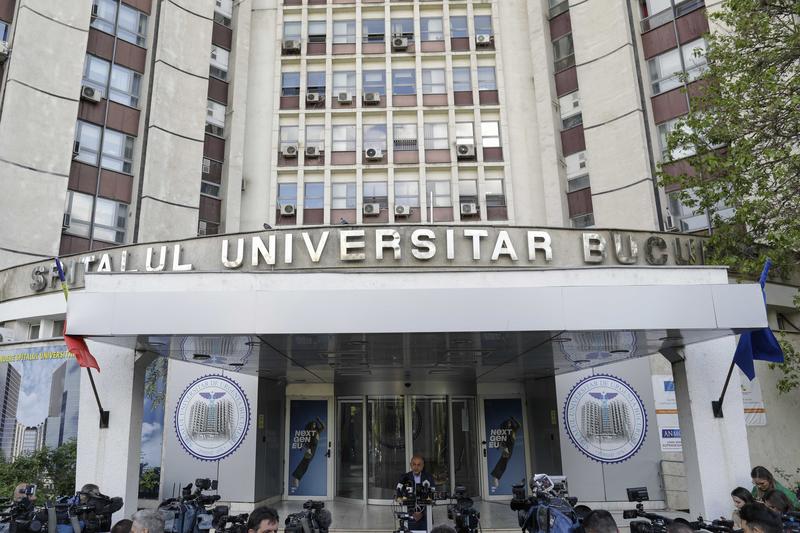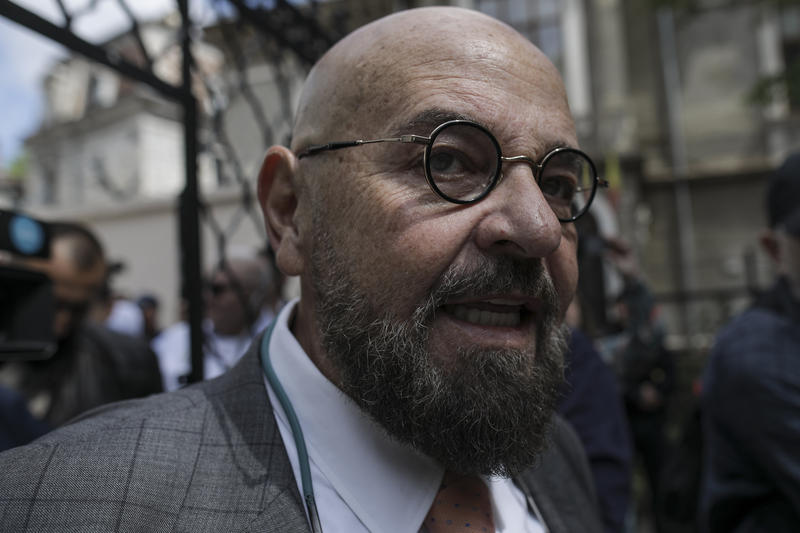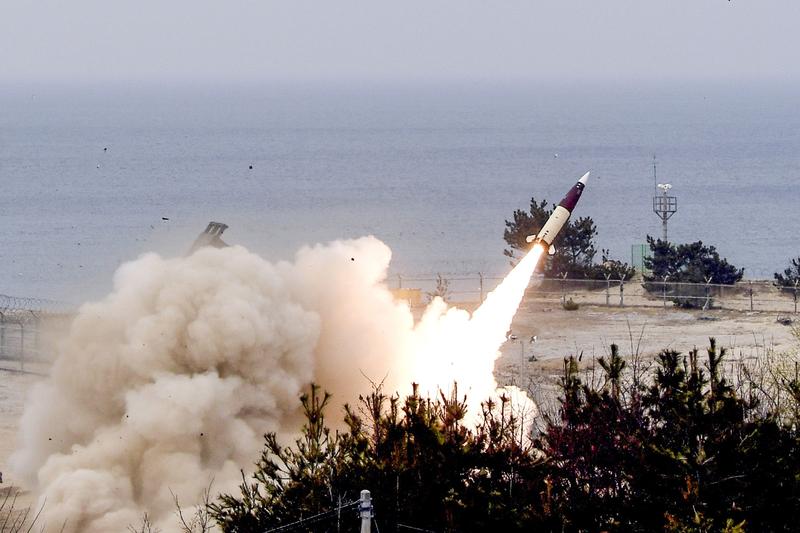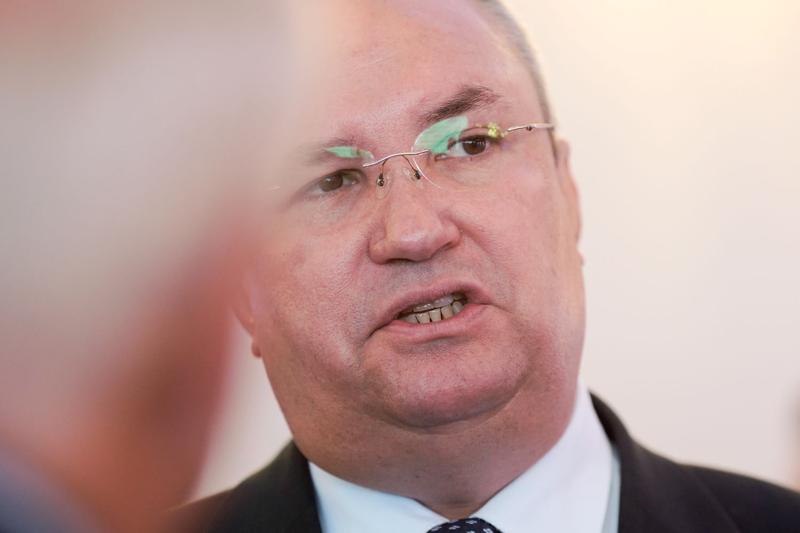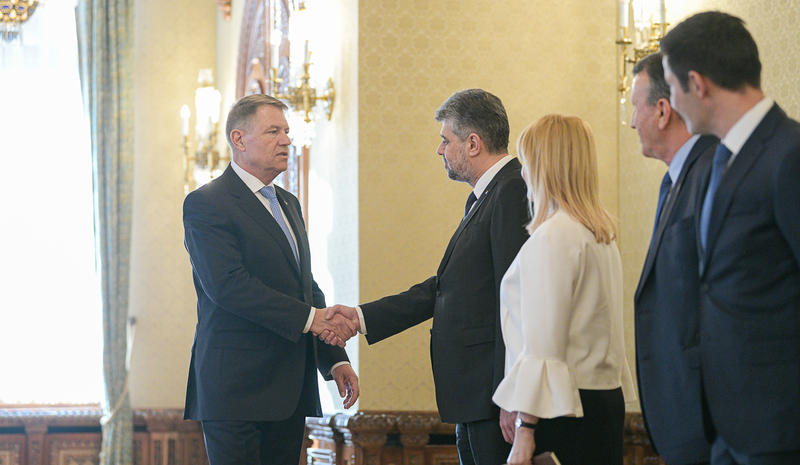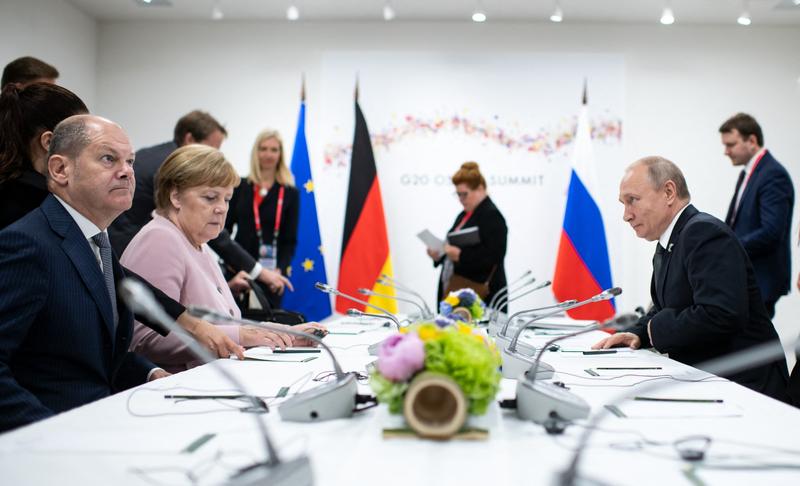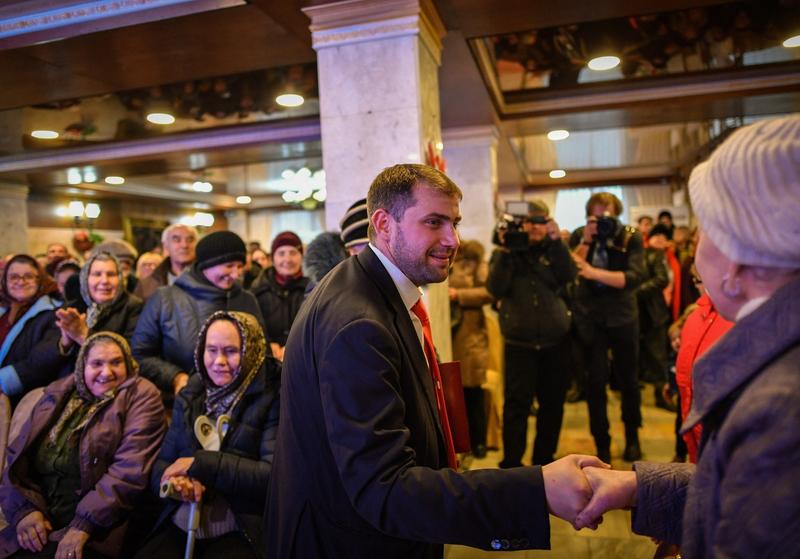Following the investigation in the case of in vitro fertilising at Sabyc clinic in Bucharest, the Medical Council informed that it requested for the clinic to be closed down in 2008. MC President prof. dr. Vasile Astarastoaie told Romanian TV channel Realitatea TV that "elementary medical ethics have been broken at Sabyc clinic. They bought body parts from poor, vulnerable people, without informing them on the risks and without telling them they were part of a research programme".
Vasile Astarastoaie said the Romanian Medical Council ran an investigation on Sabyc clinic from 2006 to 2008. After its completion, the MC requested for the clinic to be shut down. "In case of both Global Art (involved in an embryo scandal in 2005 - n.red.) and Sabyc, we found that elementary medical ethics have been breached," MC president says.
"As opposed to Global Art, the Sabyc staff covered their activity with a research protocol, a study. This is invalid from the Romanian legislation's point of view, because law 17/2001 was not respected, like norms regarding the voluntaries' selection or an independent ethics commission," Astarastoaie goes on.
On top of this, the Israeli doctors working until recently for the clinic did not own a licence to practice medicine in Romania. "I cannot explain that this activity went on after we completed the investigation in 2008," MC president says.
Poor, vulnerable people, who had parts of their bodies bought
Astarastoaie described Sabyc 'donors' as "vulnerable persons - poor people, who had parts of their body bought, without being informed on the risks". The agreement they signed contained many medical terms that they did not understand.
"People were not told they were part of a research study, they were given money and were taken parts of their bodies" MC president claims. He compared Sabyc doctors with Auschwitz medics and opinionated that they should be prevented from practicing medicine ever again.
What the ovules collection entails
The intervention debuts with two weeks of hormonal injections. Thus, the female body will create more ovocytes (feminine cells). Then, they are collected: a surgical intervention under total anaesthesia. The ovule is pierced for every single ovocyte produced as a result of the hormonal treatment (around 10-20). The follow-up to this intervention can feature a higher cancer risk, local infections or it could lead even to losing the ovary.
In vitro fertilisation entails collection of the ovocytes, sperm collection, preparation for fecundation, in vitro fecundation and re-implantation of the result.
Ovules traffic
Sabyc employees and clients are currently under investigation. Romanian DIICOT prosecutors have retained three persons. In Romania, selling ovules is illegal. According to the law, any cell transplant has to be free. Tens of people are currently under investigation.
The Global Art scandal
A Romanian company was involved in 2005 in a scandal regarding genetic material traffic. BBC News unveiled the case of embryos ordered via post, after a 19 year old woman who donated ovules for Global Art faced serious health issues.
Romanian authorities’ investigations revealed that Global Art SRL was trafficking ovules and human sperm. At least 400 women sold their ovules over several years. The price ranged between 200 and 300 dollars. But the ovules traffic was not considered offence back then - the ovules could not be considered tissues or organs. It was only in April 2006 that "human cells" were included in the law against transplant traffics.
